These days, winter may try all it wants to wangle me into a wee bit of the blahs. But, I've got other plans. While early dusk yanks down the sun and sends it to bed, cold, without any supper, I'm staying up, warm, in one of life's brightest gardens: Music.
The Science & Psychology of Music
Happily, neuroscience agrees with my plan. As sure as Tumbles re-gifting me his munch of morning garden grass, which he will do, today's brain gurus are delivering curious findings on the science and psychology of music.
No, we don't need the PhD guys to tell us that music is important to us. But, they can tell us why. To start, music beefs up and broadens both our emotional and cognitive capacities, more than any other activity.
“And, the words “emotional and cognitive capacities” is just a mumbo jumbo way of saying “all-out happier and more interesting.””
The No-Moping Coping Tool
Therapeutically, it's why music is one of the first go-to coping tools. After all, if you cannot un-do a bad situation; for instance, you left your seedbox outdoors overnight and it rained (Just sayin'), then listening to a favorable playlist can help ease the pain.
Perhaps, don't play intense vengeful music; studies show that this stokes your temper even more. (Fine if an epic screaming self-plunge into your manure pile is what you're going for.)
But, upbeat or sexy music? Solid choices. Such music can stave off a case of the mopeys or quell a sudden spell of "F%@! it" or spice up your sense of "Baby, I'm worth it."
Where to Discover Music
And, with free access to music through Pandora, Shazam and Songza, we've ultra-lazy, pajama-loungie ways to grow our "mixed tapes" collection.
Now, even if I were to ask a more pressing question as a psychotherapist, how about I trickle this lighter one onto thirsty soil, here:
“If someone grabbed your iPhone just now, what breadth of music would they spy in your playlists, before you grabbed your phone back?”
Is there Ben Webster's saxophone Makin' Whoopee? Or, how about Eva Cassidy's Time After Time, Bob Dylan's The Weight and, all the lesser known heart-string singers like Brett Dennen's Ain't Gonna Lose You?
Of course, there's always Pachelbel's Kanon. (Mmm, how I play that one when I need beauty to resurface.) And, then for when you're swingin' it on top of a cloud, how 'bout hiphop's Gramtik's Tearing It Up?
“Really, the playlist possibilities are longer than one’s lifetime, which makes it seem much more tempting than getting in to see your therapist this week. Plus, you can hang out with your music anytime you want.”
Happiness in Final Years
Then again, if you're not into growing a playlist for your present-day pleasures or next week's unforeseen blues, consider doing so for your final years.
Final years? Spend one hour watching the documentary Alive Inside and you'll get what I mean. Peek at this snippet. Receiving a Sundance Award in 2014, the documentary reveals just how powerful music is to our well-being ~ though we instead seem to reach for costly drugs that clinically have yet to outperform music's benefits.
Throughout the film, elderly people suffering from dementia sit non-responsive, slumped in their lonely wheelchairs; that is, until the nursing staff gives them an iPOD chock full of their favorite music. Then! Then, they almost miraculously come vibrantly back to life. Before the earphones and music, no loved ones, as much as they tried, could reach them.
But music! Music reaches us. Deeply.
The Neuroscience of Music
Fascinated by the science and psychology, the musician and physicist John Powell went so far as to write a book on the whole matter: How Music Works. He explains why some tunes sound like harmony to our minds and others, cacophony. But, Powell's is a thick book ~ and, starting to seed your own playlists seems time better spent.
So, maybe opt for this quick TED talk "How Playing An Instrument Benefits Your Brain." Frankly, as Stephanie Su of Music Advisor once wrote, learning to play an instrument benefits your life ~ and you don't have to be good at it, kind of like my gardening!
As it turns out, creating music lights up virtually every part of the brain, all at once. Your brain's left side and right side are having to cooperate with each other more than with almost any other activity, forging faster and more diverse neural routes across the brain's only bridgeway known as the corpus callosum.
“When we create music, the brain automatically decides that it has no time nor room for lazy old patterns of thinking and feeling.”
Long-Term Benefits of Music
Long-term, this translates into a richer life of vitality, like the most luscious composted soil your thoughts and emotions could ever grow in. And, how?
As the TED video explains, it's because:
- Music enriches your memory capacity, making it more vibrant ~ and, at life's end, memory is what entertains and comforts us most.
- Music increases your resonance to both social and academic pursuits ~ I know, slight mumbo-jumbo again; it just means you find and enjoy more friendships, hobbies, and life-callings.
- Music gives you more effective and creative problem-solving agility ~ and, who doesn't know that life gets more challenging as we carry on.
Oomph! All the stuff that not even a therapist (wink) can give you. And, on these dim winter days, all the harmony that my veggie garden and I just cannot do for each other ~ not even if I were a grass-munching, re-gifting kitty.
Tumbles, happy in a thicket of morning kale.




